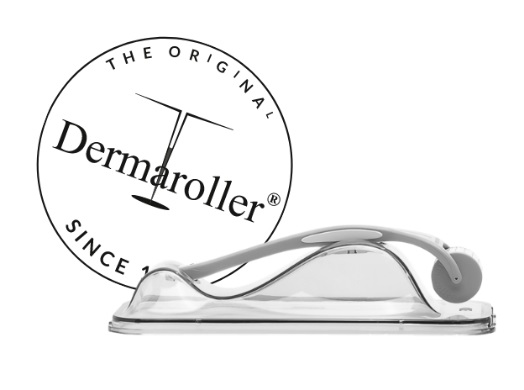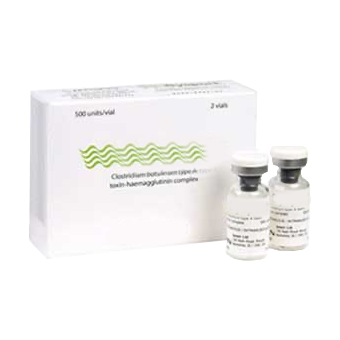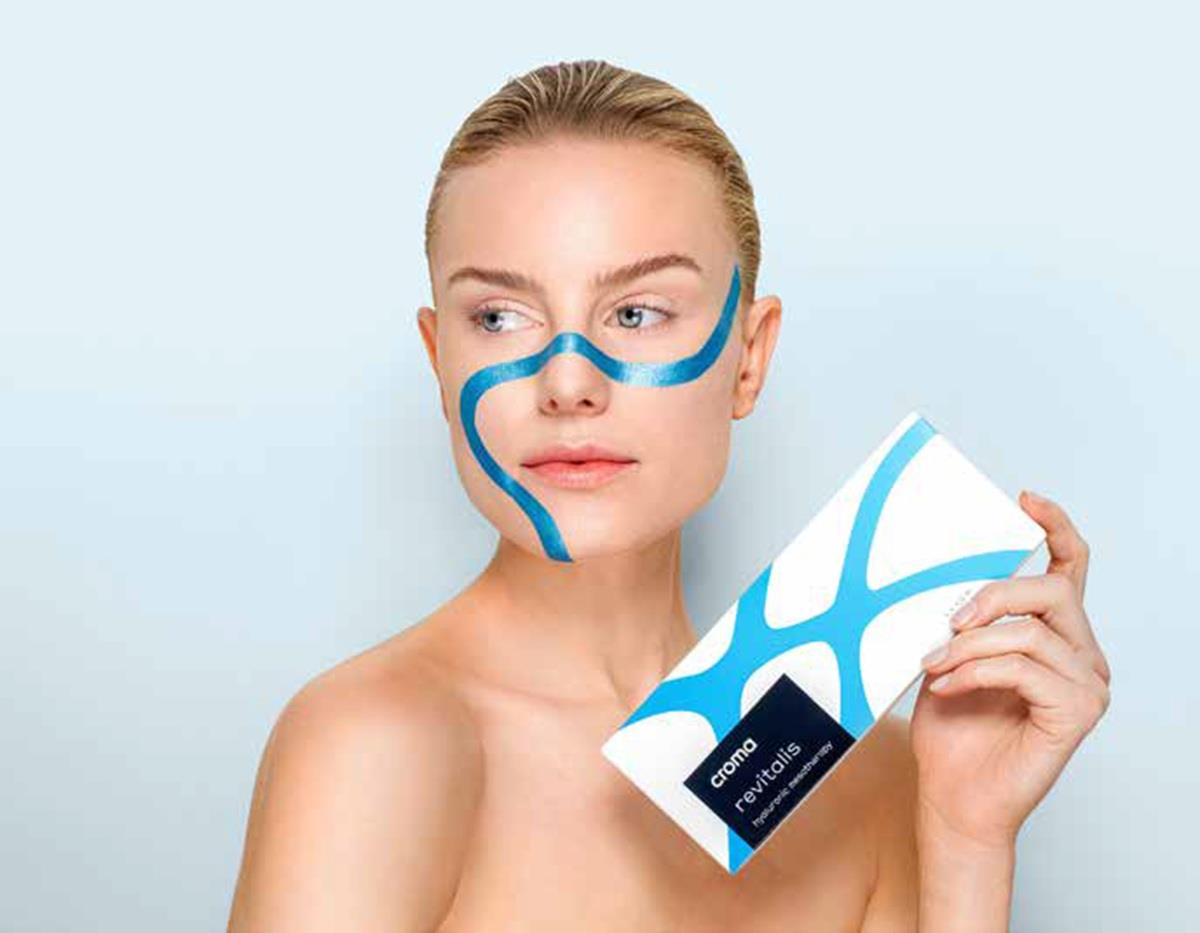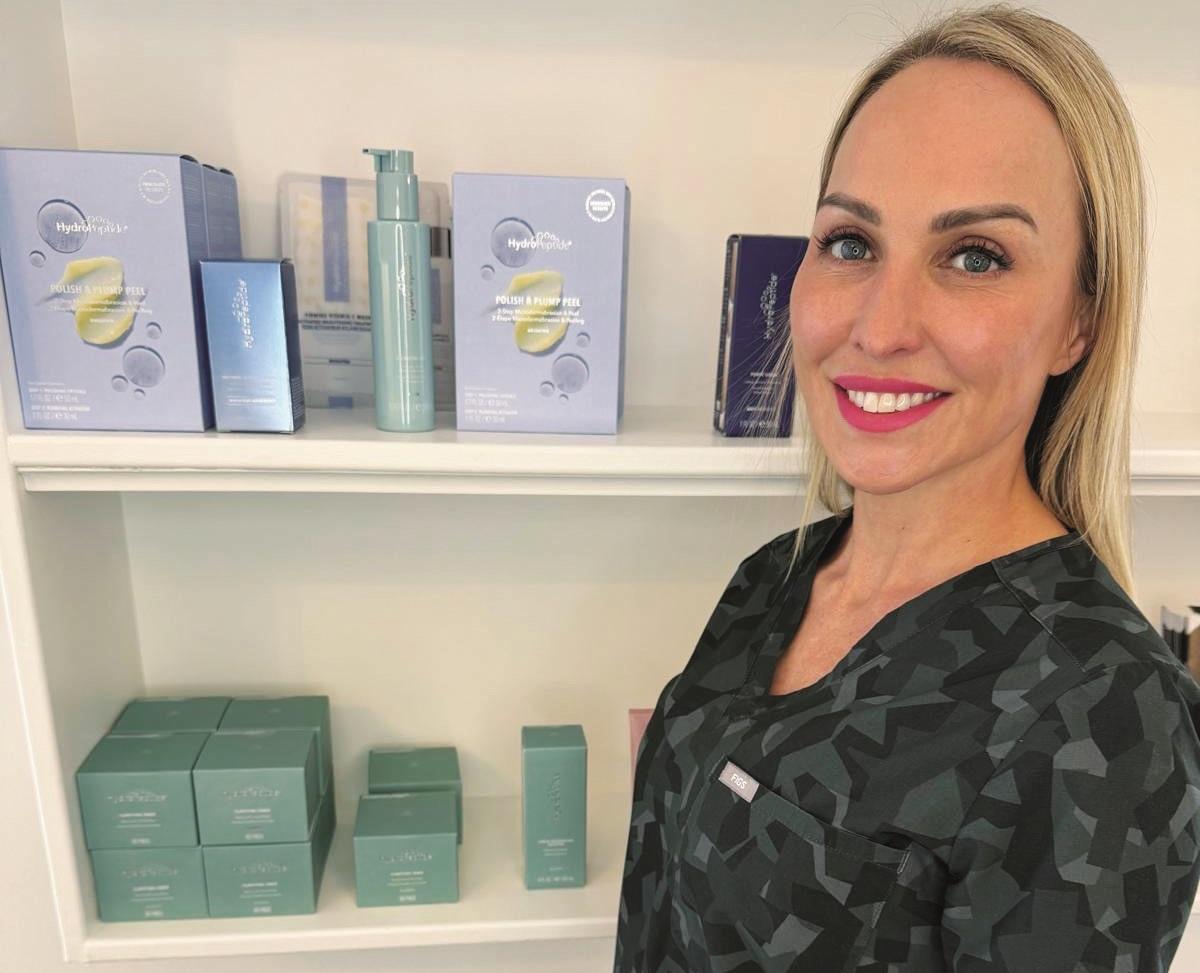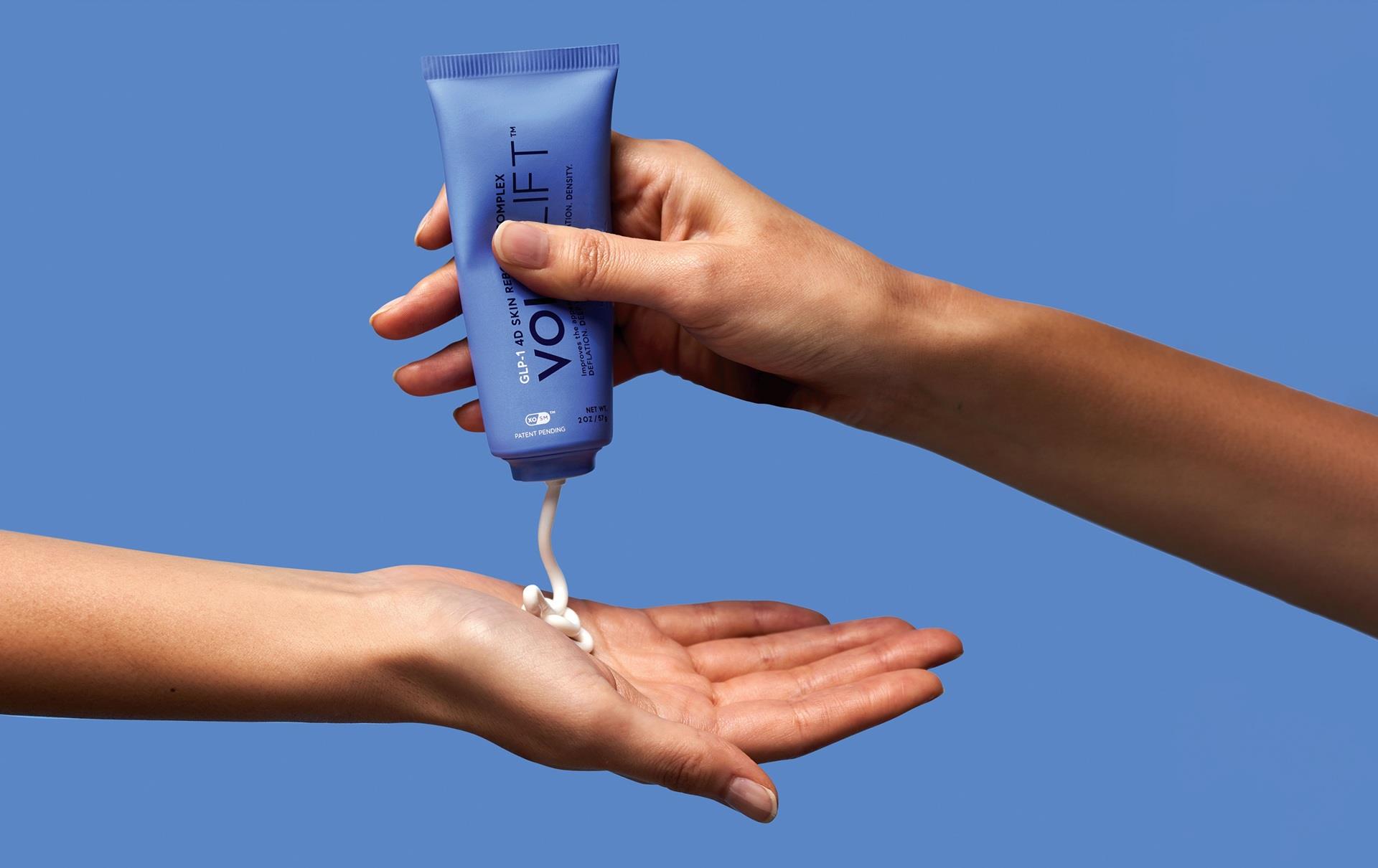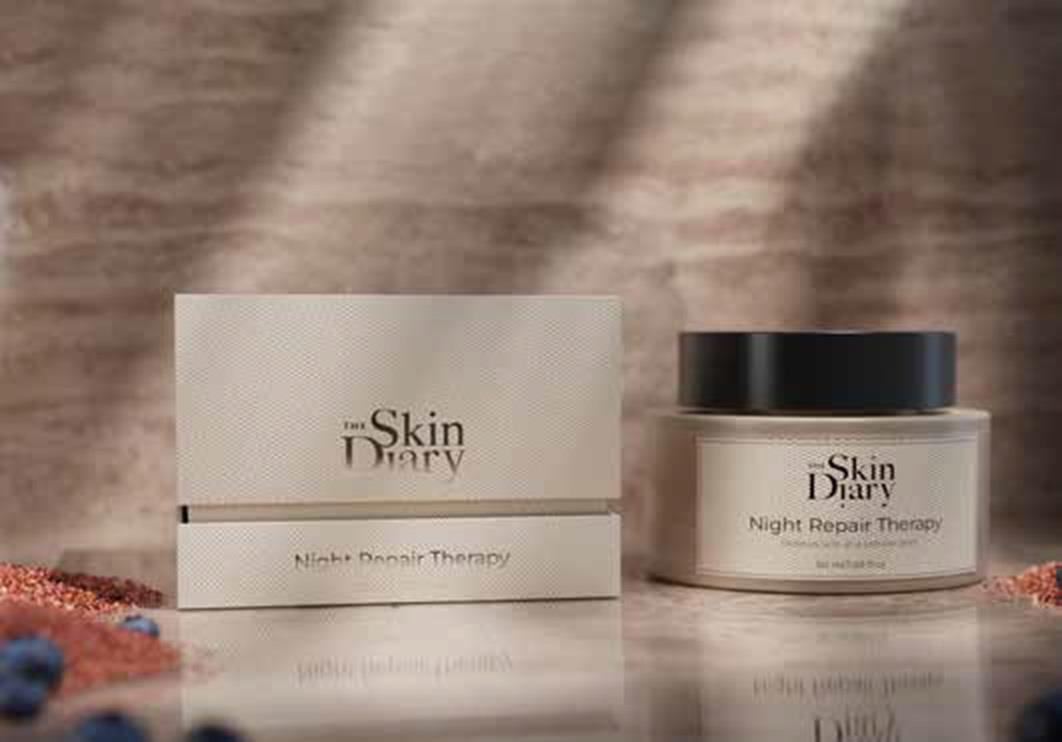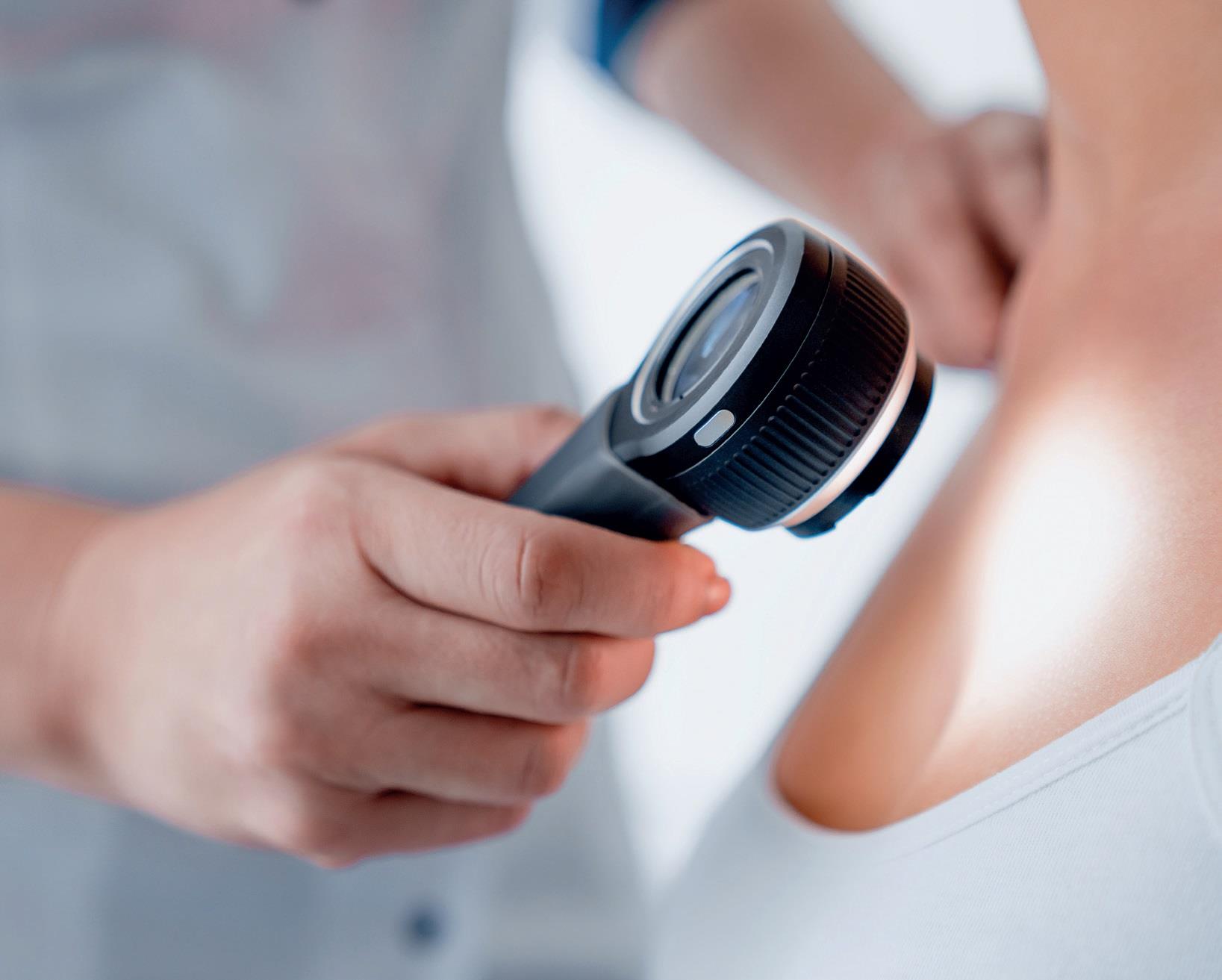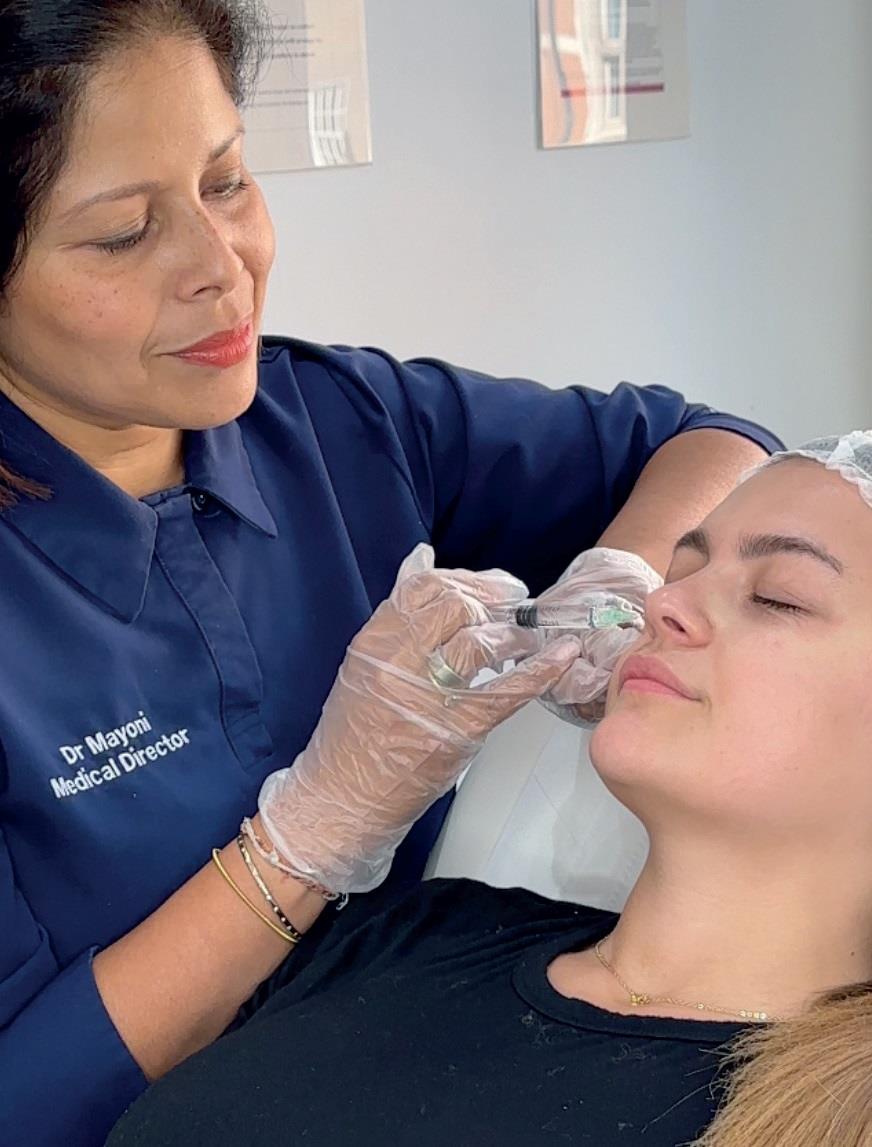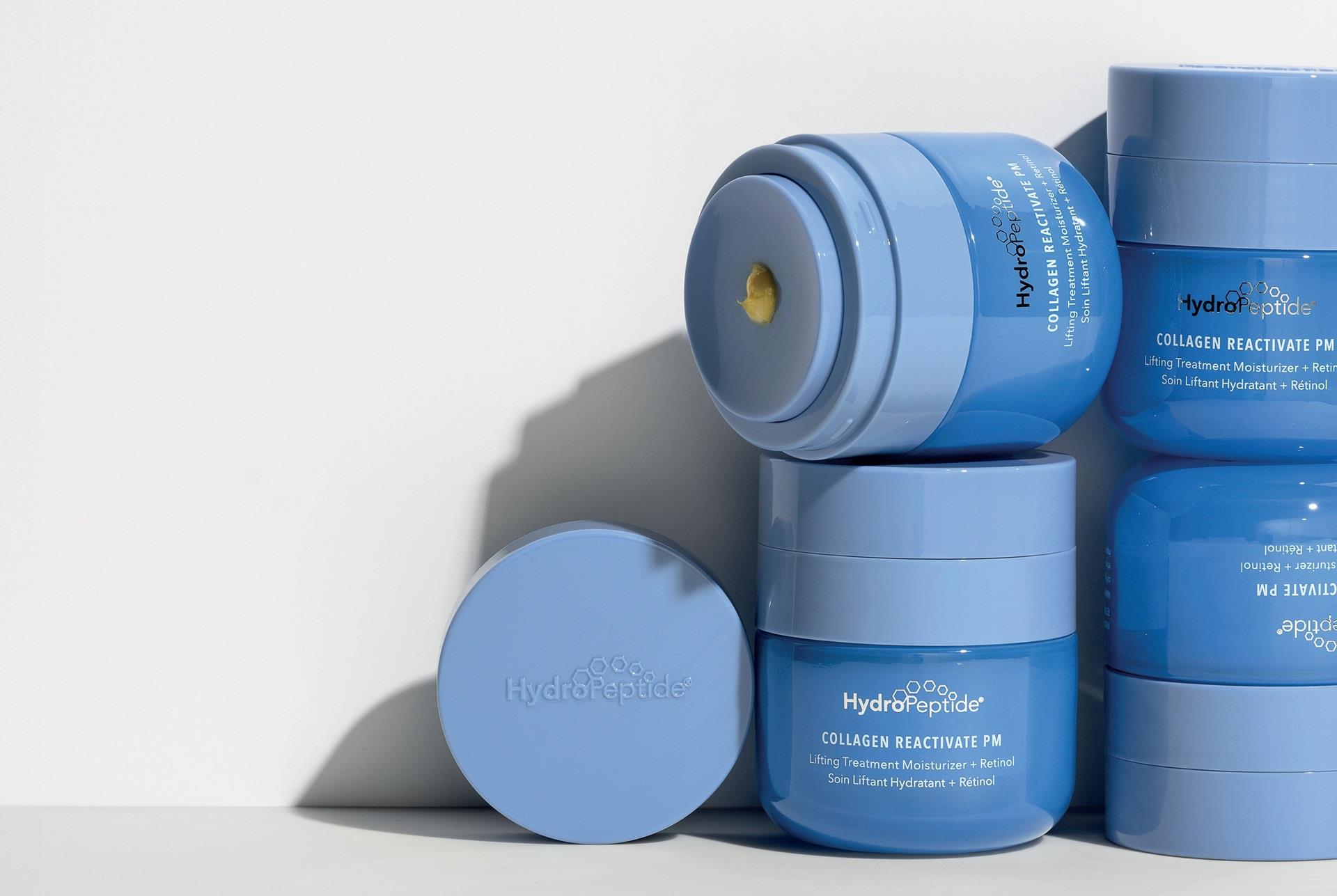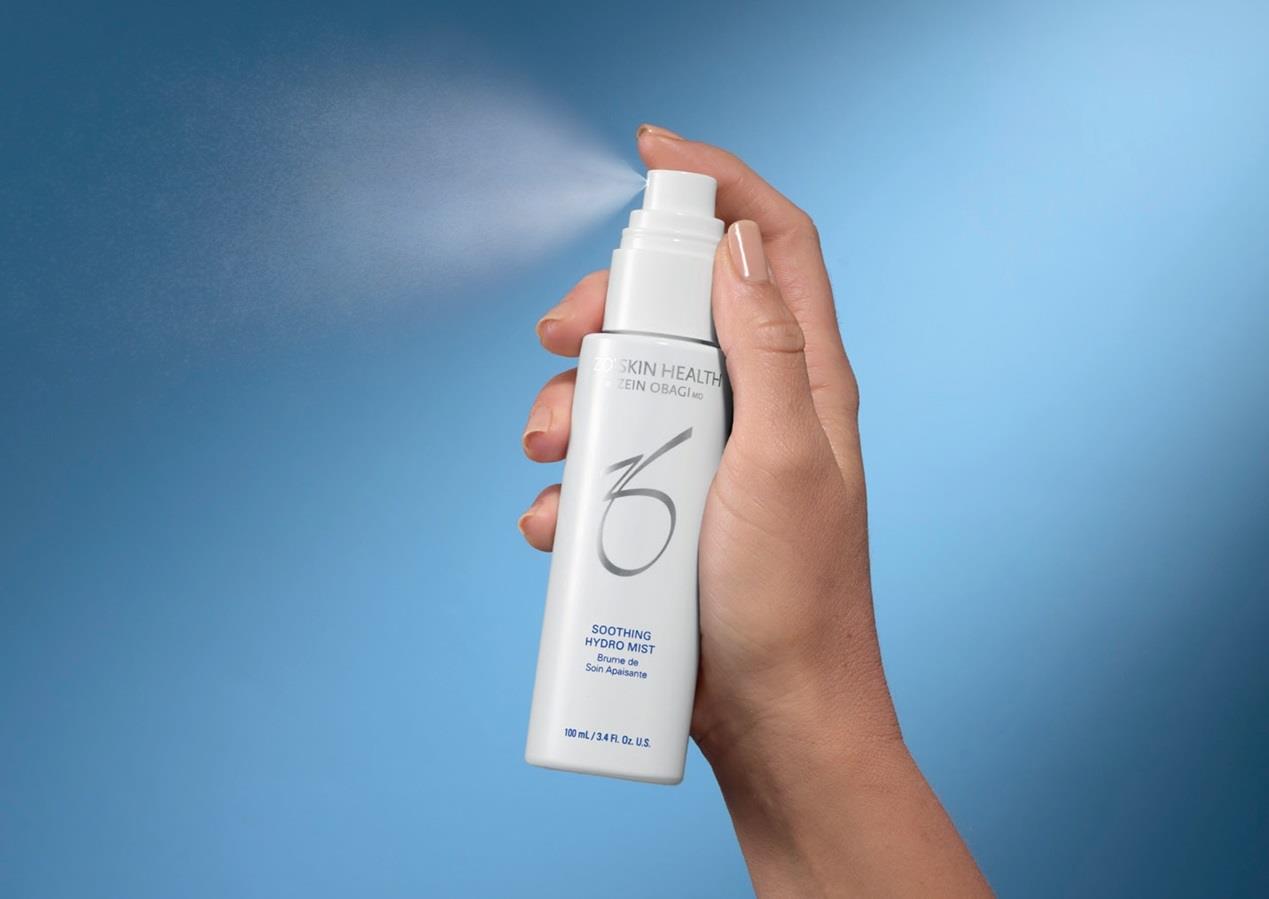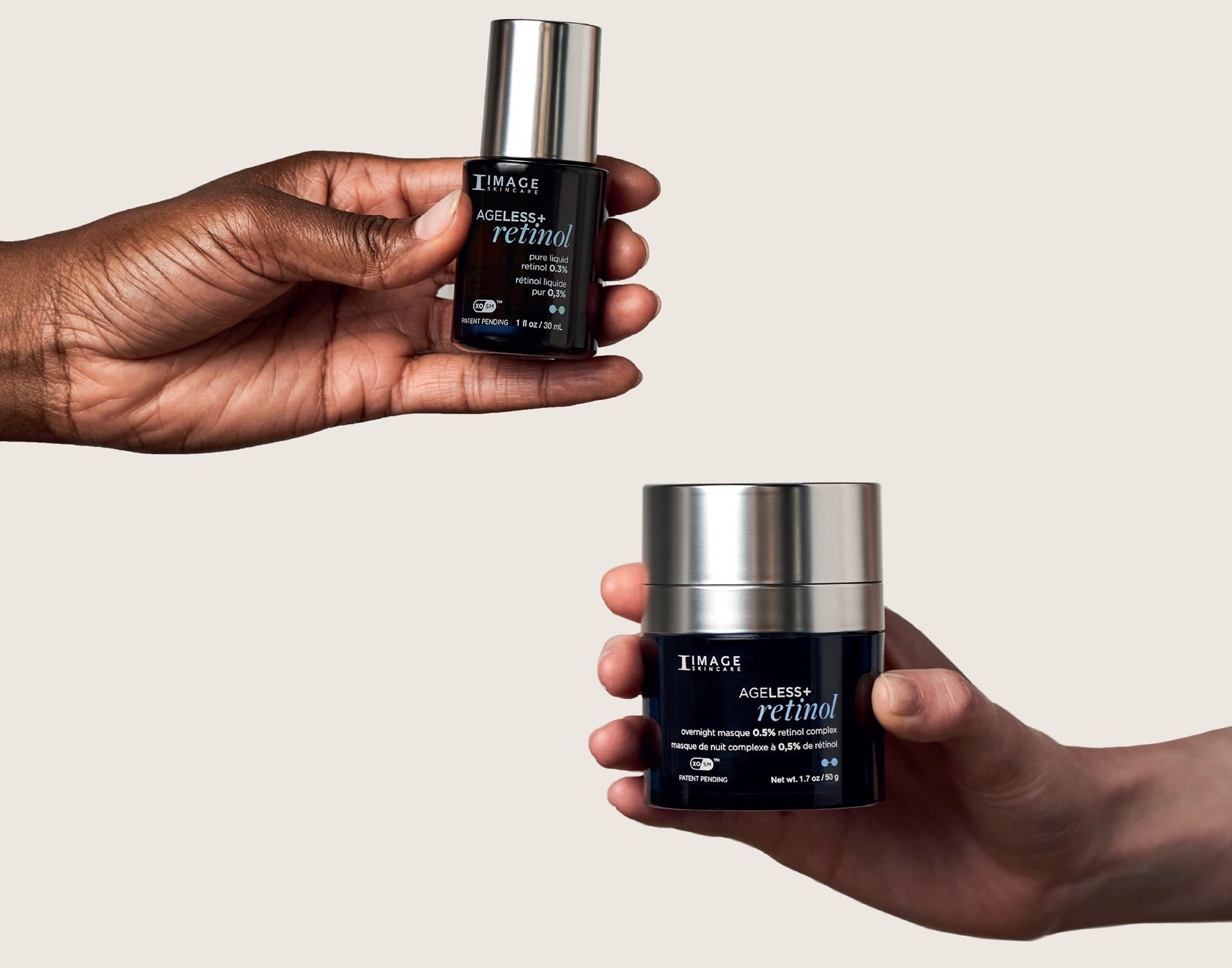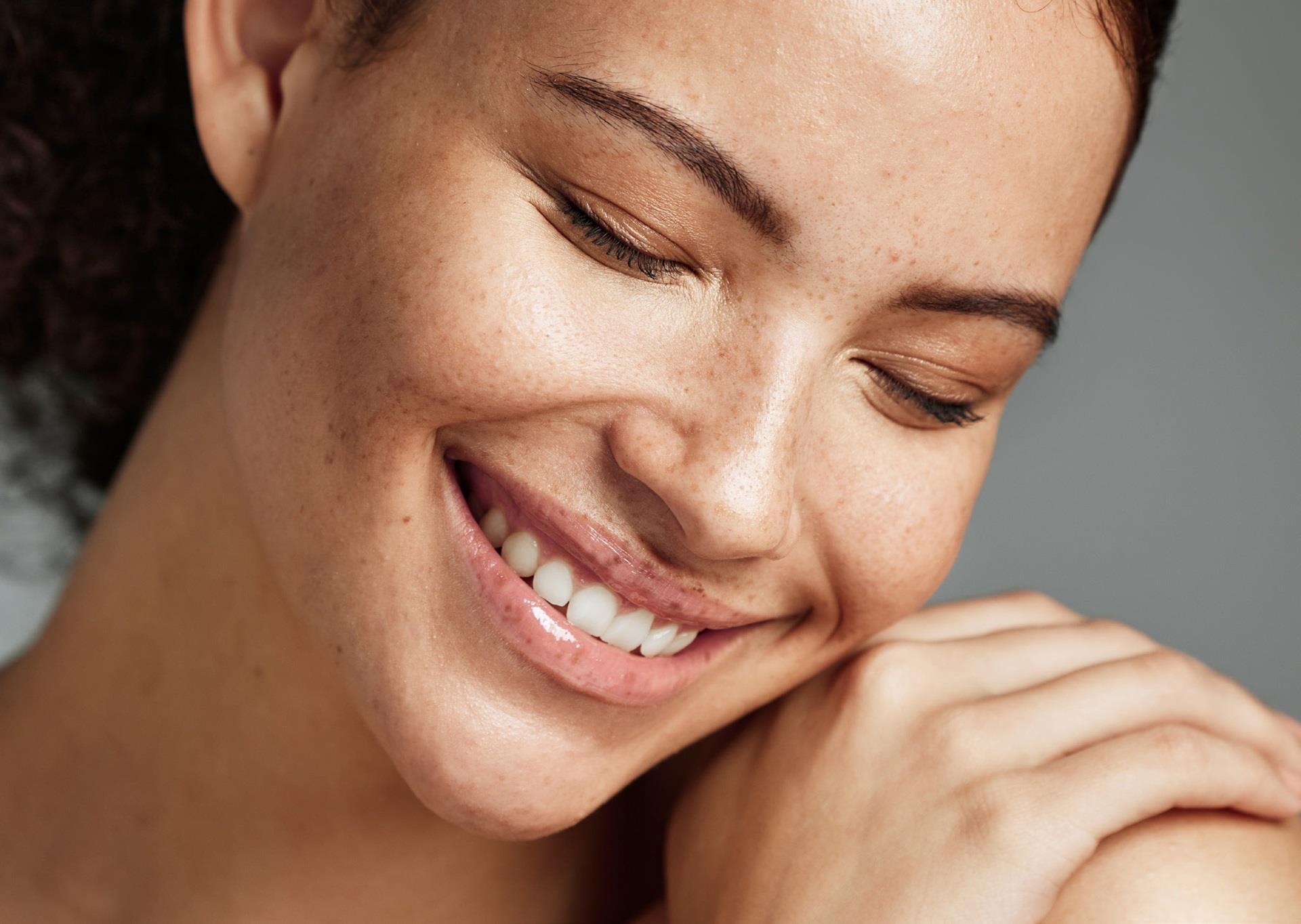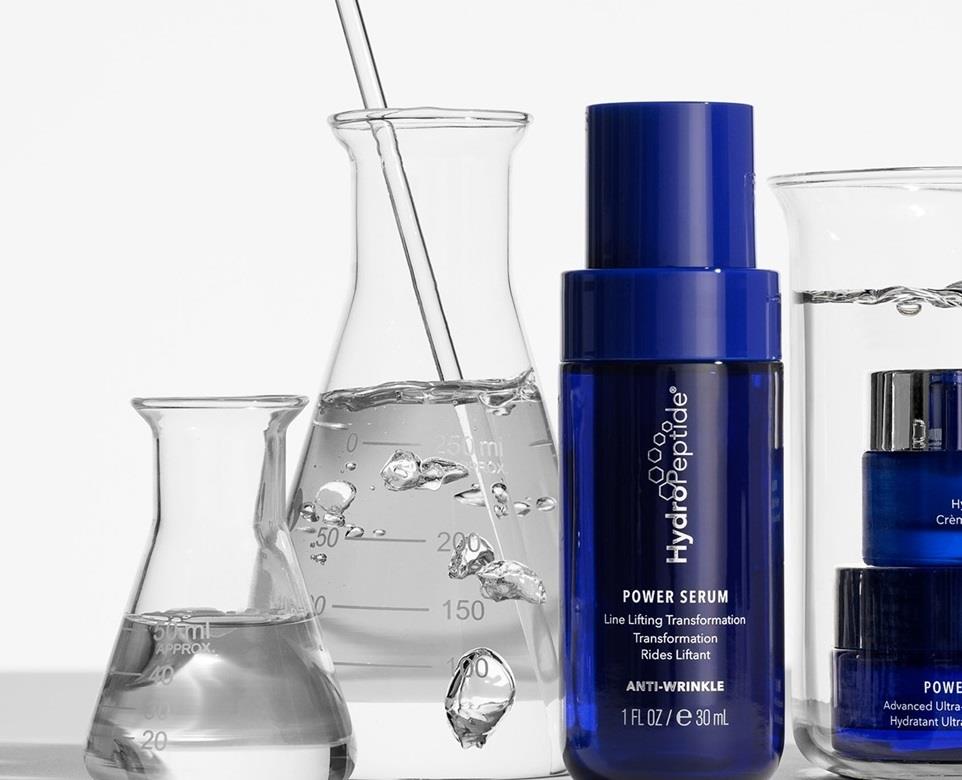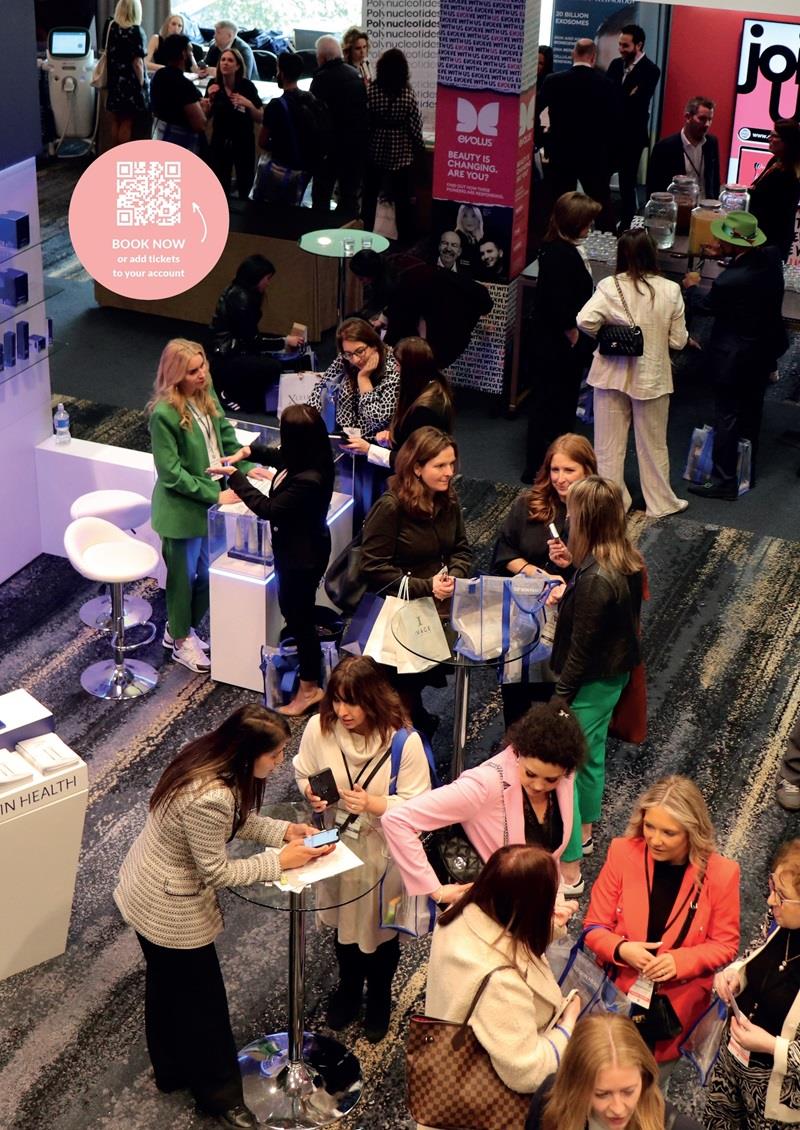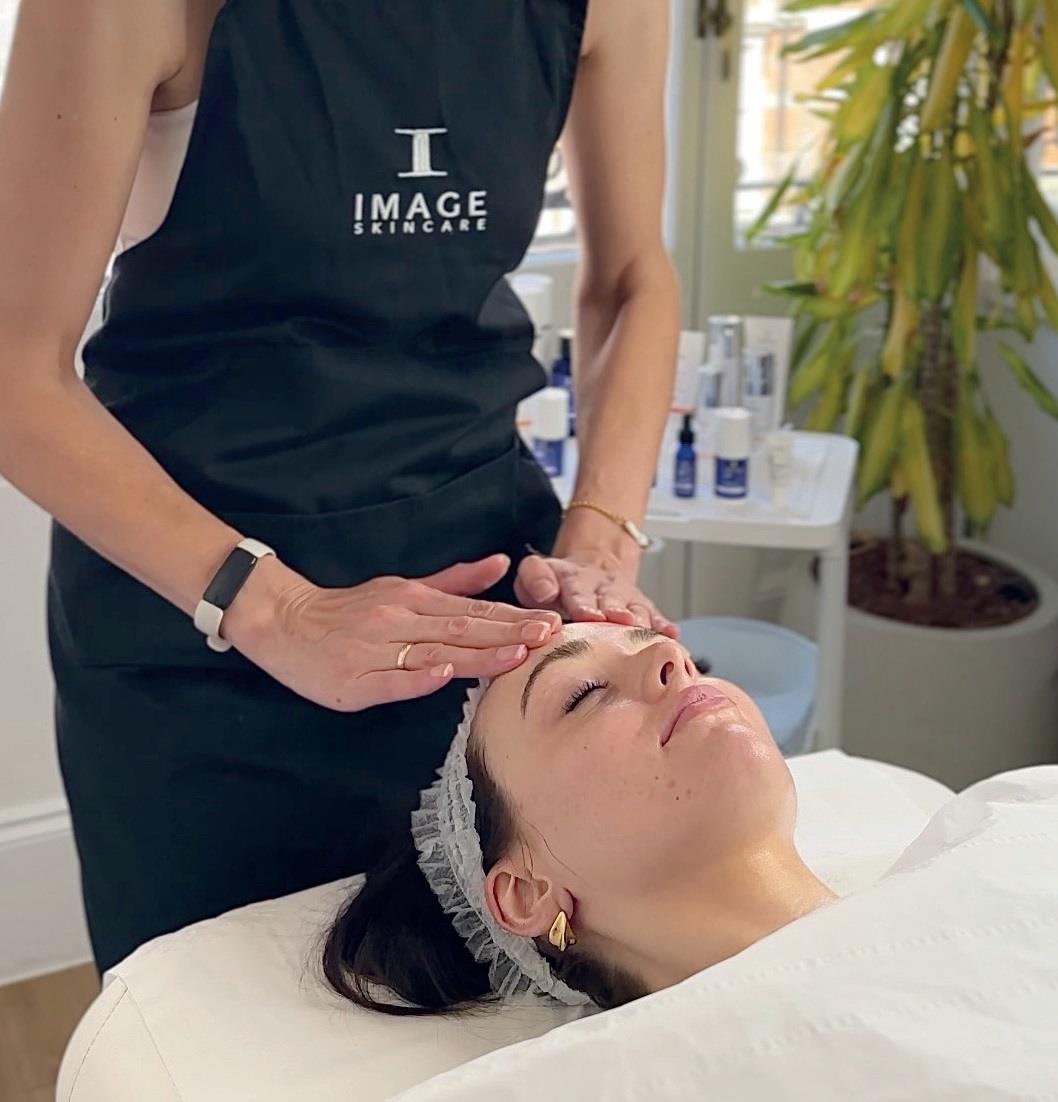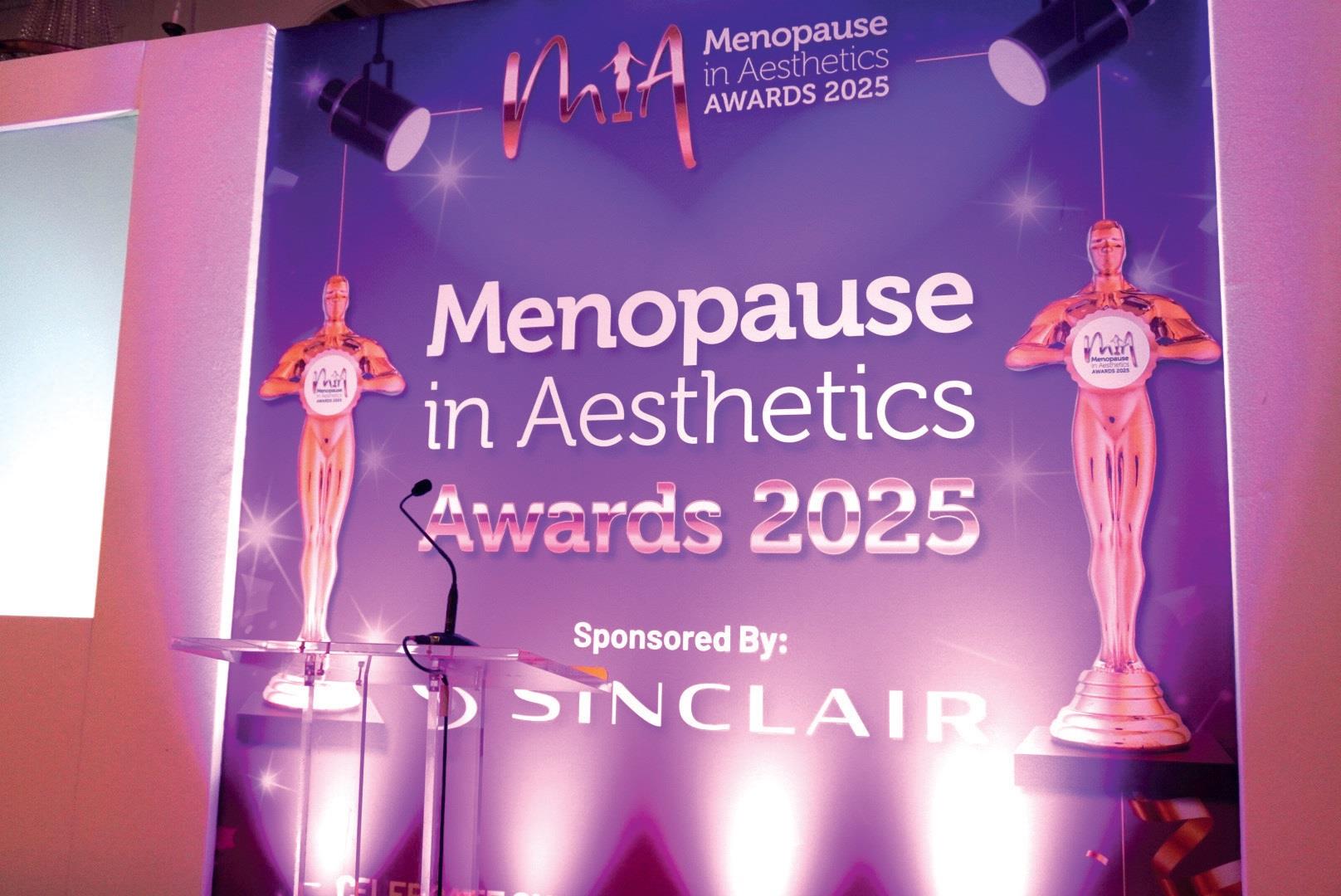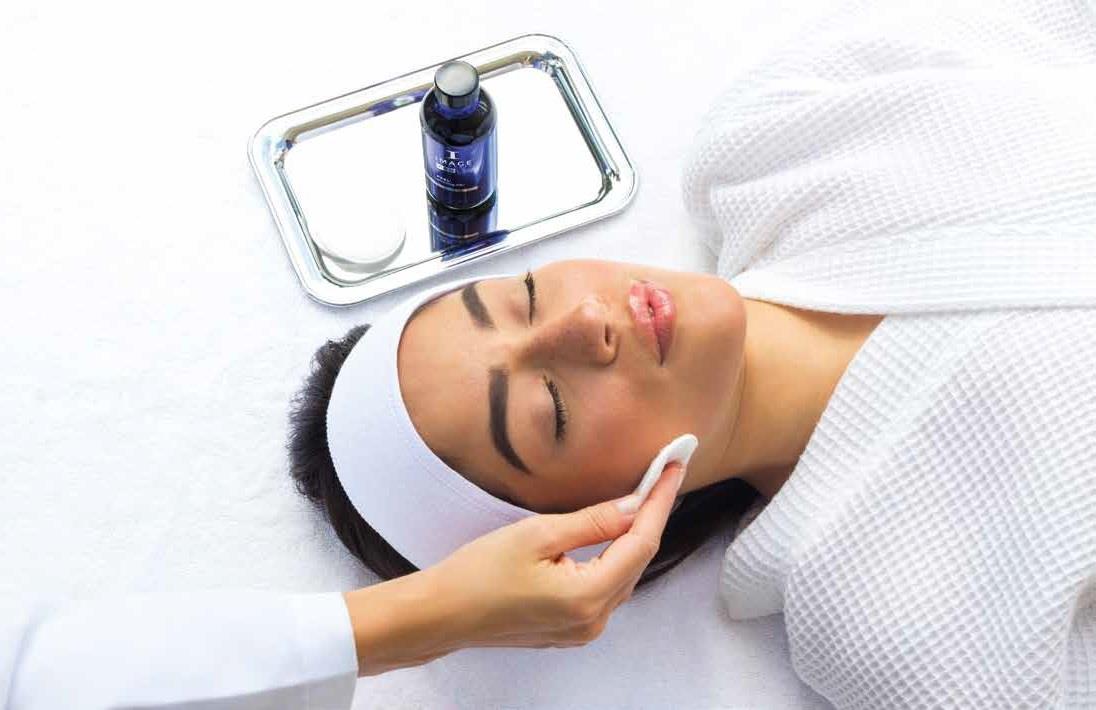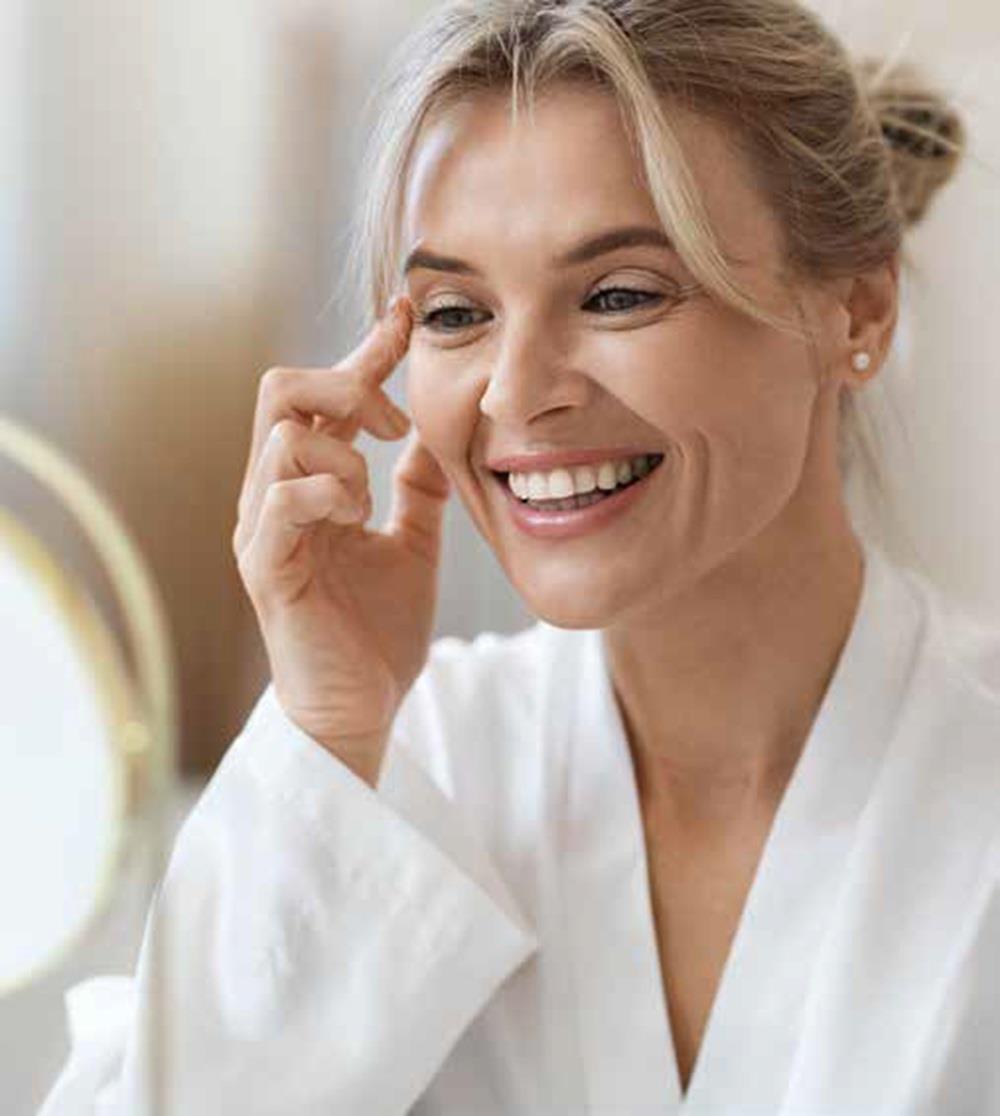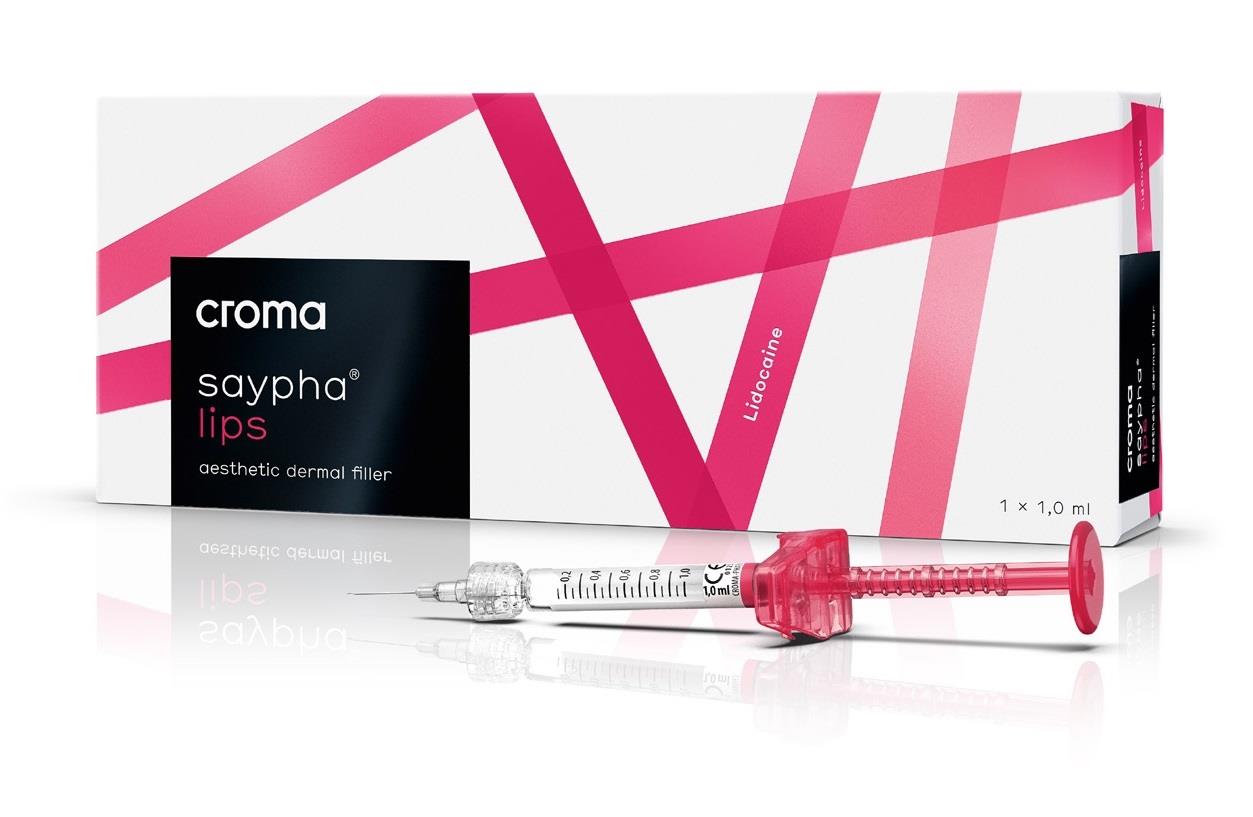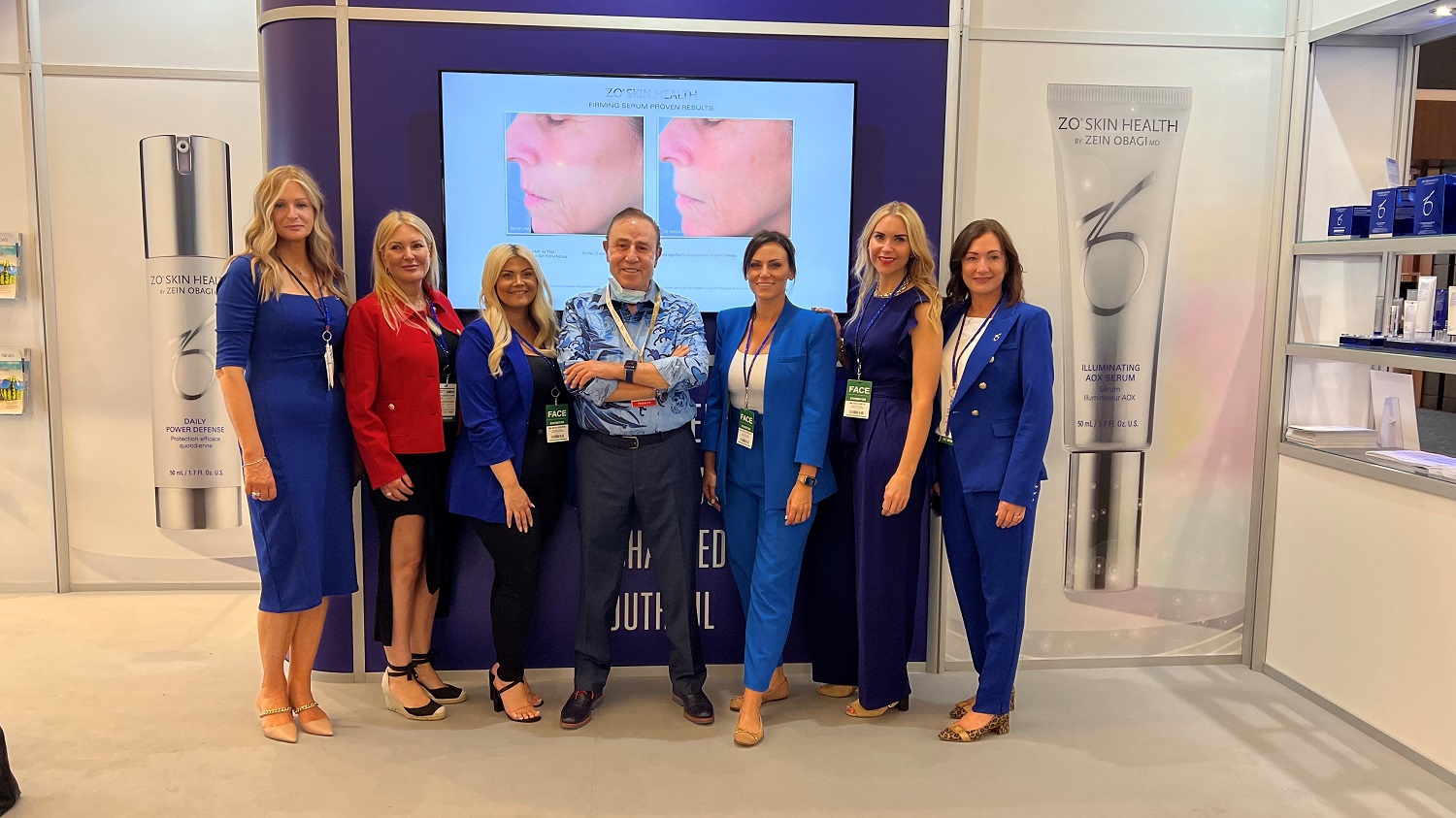
Designed to connect and share the latest industry updates with the community, a high level of scientific content was on the agenda, with many new faces speaking alongside leading innovators in aesthetic medicine.
FACE is one of the only UK events to welcome international speakers, and a major highlight for many – clearly evidenced by the packed room on Saturday – was the seventh ZO Skin Health Symposium with the founder of ZO Skin Health, Dr Zein Obagi.
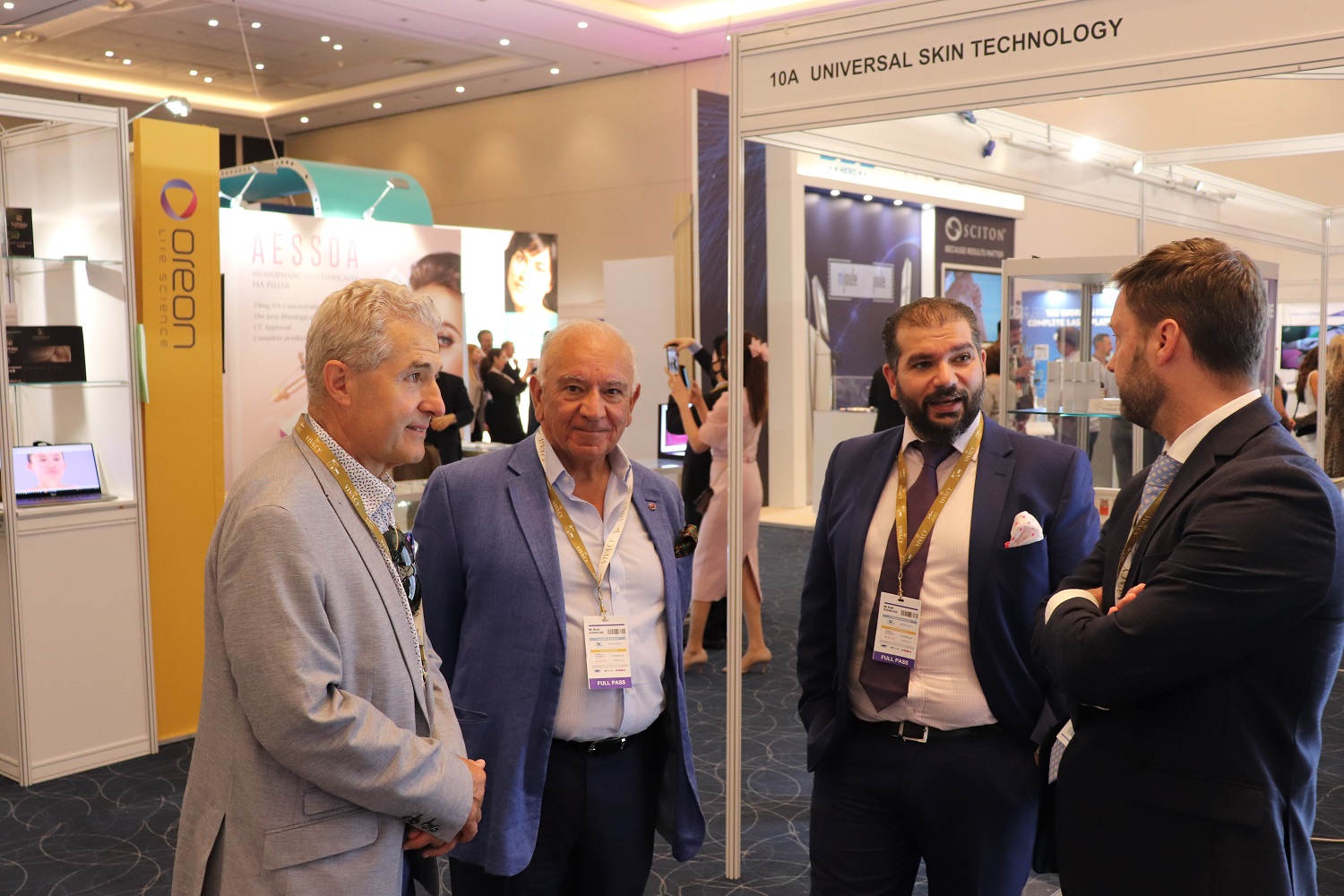
Agenda highlights included skin health restoration concepts and theories, skin analysis with Dr Obagi’s skin classification system, advanced treatment protocols for top skin disorders, ZO anti-ageing solutions, combining topicals and procedures, and a multi-modal approach to treat melasma, acne and rosacea.
In the afternoon, the speaker panel included Dr Rikin Parekh, Dr Lauren Jamieson, Sara Cheeney and Julie Scott alongside Dr Obaigi.
Treating skin
Dr Obagi is ranked among the worlds’ top experts on chemical peels and believes that all skins should be treated the same. “Skin is skin – there’s no need to treat skin of colour separately. It’s how skin reacts to the sun which is most important,” he told the audience.
When treating melasma, Dr Obagi warned delegates that it can return as it is genetic and requires a maintenance programme. “Bleaching reduces melanin everywhere, while dermal pigmentation requires a procedure to eliminate it,” he advised.
The papillary dermis came up in conversation, with Dr Obagi describing it as “a very active zone” due to its functions which include tightening, anti-ageing, vitality, hydration, collagen and elastin, circulation and constant repair. He stated that his objective is always to get products into the target cells.
The audience learnt that thickened skin is best for procedures in general, while thin skin is excellent for tightening procedures such as controlled depth peels. Dr Obagi revealed that thick skin ages by jowling/drooping, while thinner skin ages with wrinkles.
Sebum control
The subject of skin oiliness was another hot topic; he explained that sebum is a powerful stimulant to the immune system and a common cause of inflammation – it also reduces topical agent penetration and activity and increases post-procedure complications such as delayed healing and flares of acne and rosacea.
“Sebum is the skin’s enemy,” he told delegates. “Oil creates inflammation that makes you feel dry, and acne could even mean you have a sebum allergy.”
We learnt that ageing is caused by chronic inflammation in the skin which in turn is affected by lifestyle, sun, diet, bad skincare, disease, genetics and hormonal factors. “We have to eliminate chronic inflammation,” he told the audience.
He explained that 70 per cent of the population have mild, moderate or advanced rosacea, which is caused by a general immune response wherever sebaceous glands exist, and that the key aim is to reduce sebum.
Product selection
On the subject of what products need to be good, buzzwords included retinoic acid, retinol, antioxidants, DNA repair and anti-inflammatory.
“Women make skin sensitive by using the wrong products at an early age,” Dr Obagi revealed to delegates. Somewhat controversially, he also went on to say that moisturisers are “the poison of your skin,” and that they make skin lazy and weaken the skin barrier.
When asked to pick just one product to give to patients, the answer was Daily Power Defence. On the topic of when to start using medical grade skincare, he advised that products such as Oil Control can be used after age 10, with anti-ageing products after age 20.
“I hope I have planted the seeds of skin health in your heads,” the skincare expert told the audience as his enlightening talk came to a close.
He concluded by sharing that his office is located opposite the beach, giving him plenty of opportunity to watch people tanning their skin. “I will never run out of patients,” he said with a smile.
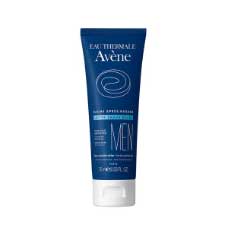
 Added to basket
Added to basket

 Unapplied Changes
Unapplied Changes


